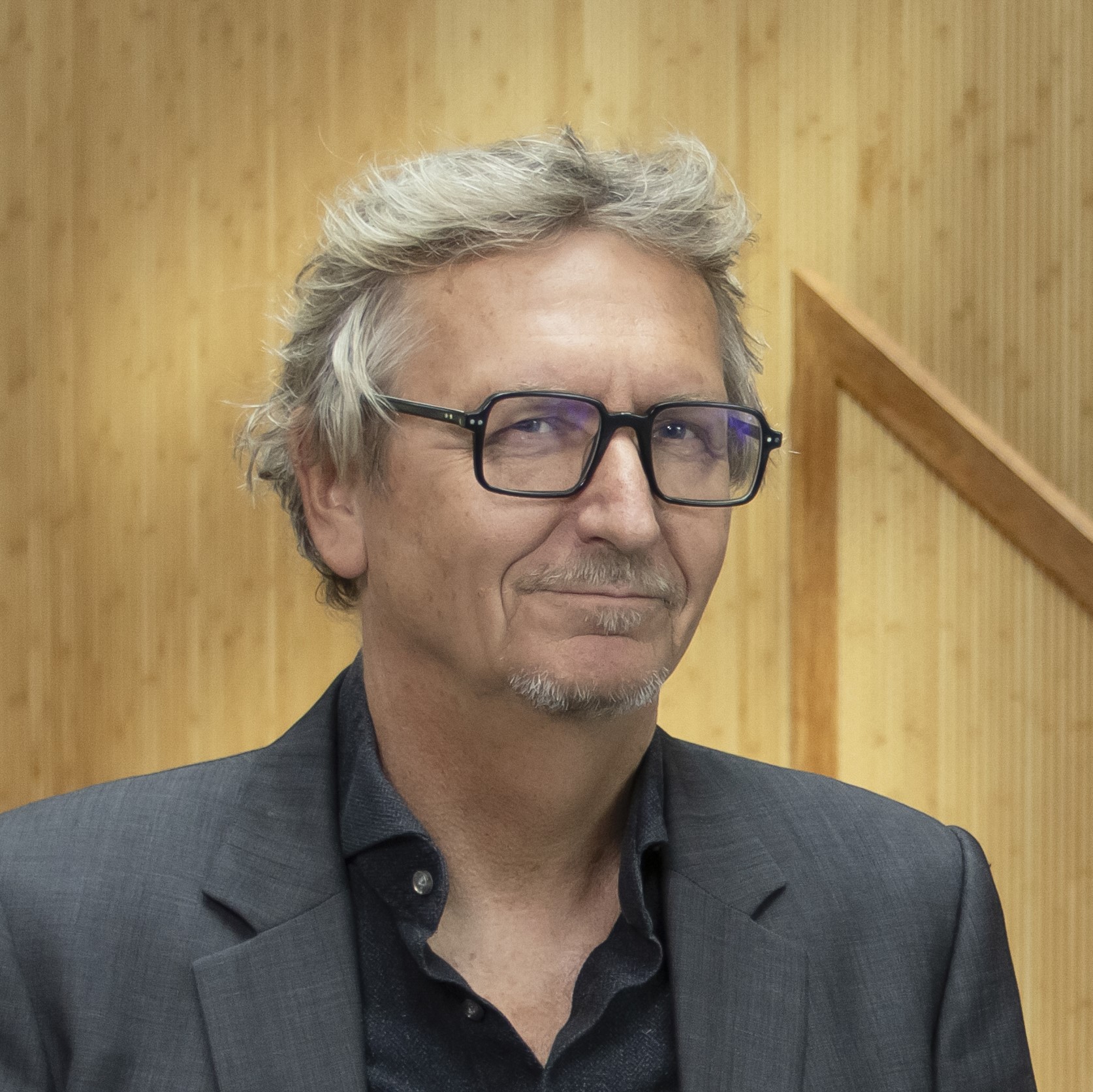Maurice Crul is a Distinguished Professor of Sociology at the Vrije Universiteit Amsterdam. His chair covers a broad range of topics on education and diversity.
In the last twenty-five years Maurice Crul mostly worked on the topic of education and children of immigrants, first within the Dutch context and in the last fifteen years in a comparative European and transatlantic context. Maurice Crul coordinated the international TIES project (The Integration of the European Second generation) which involved partners in eight European countries and a survey with 10.000 respondents.
Next to coordinating the TIES project he was also one of the principal investigators of the transatlantic project ‘Children of Immigrants in School’: mumford.albany.edu/schools/.
With support of the Russell Sage Foundation in New York, Maurice Crul together with his American colleague John Mollenkopf published The Changing Face of World Cities. The second generation in Europe and the US, comparing second generation youth in Europe and US based on three surveys (TIES, IMMLA and ISGMNY).
The TIES project findings revealed that a sizeable group of second generation youth is either following a higher education study or already has a diploma of higher education. This finding was the starting point of a new international project, for which Maurice Crul was awarded an ERC consolidated grant: ‘ELITES: Pathways to Success’. In this project a sub sample of successful second generation from the TIES survey is interviewed about their pathways to success.
In 2017 Maurice Crul was awarded the ERC advanced grant for the project Becoming a Minority (BaM) on the integration of people without migration background in ethnically diverse cities in Europe. The BaM project is executed in the harbor cities Rotterdam, Antwerp and Malmö and the service sector cities Amsterdam, Hamburg and Vienna. Part of the research is an international survey among people living in neighborhoods where everybody now belongs to a minority: majority-minority neighborhoods.
Selection of Most Recent Books and Articles:
Crul, M., & Lelie, F. (2023). De nieuwe minderheid. Over mensen zonder migratieachtergrond in de superdiverse stad. VU University Press. https://vuuniversitypress.com/product/de-nieuwe-minderheid/
Crul, M., Steinmetz, C., & Lelie, F. (2020). How the Architecture of Housing Blocks Amplifies or Dampens Interethnic Tensions in Ethnically Diverse Neighbourhoods. Social Inclusion, 8(1), 194-202. doi:http://dx.doi.org/10.17645/si.v8i1.2109
Crul M., Lelie F. (2019) The ‘Integration’ of People of Dutch Descent in Superdiverse Neighbourhoods. In: Scholten P., Crul M., van de Laar P. (eds) Coming to Terms with Superdiversity. IMISCOE Research Series. Springer, Cham doi:https://doi.org/10.1007/978-3-319-96041-8_10
M. Crul, E. Keskiner, J. Schneider and F. Lelie (2017), The Multiplier effect. How the accumulation of cultural and social capital explains steep upward mobility of children of low educated immigrants. Ethnic and Racial Studies.
Crul, M.R.J. (2017) Refugee children in education in Europe.: How to prevent a lost generation? SIRIUS Network Policy Brief Series. No. 7. 11 p. www.sirius-migrationeducation.org/Refugee-children-in-education-in-Europe.pdf
Crul, M.R.J. (2016). Super-diversity vs. assimilation: how complex diversity in majority–minority cities challenges the assumptions of assimilation. Journal of Ethnic and Migration Studies, 42(1), 54–68. http://www.tandfonline.com/doi/full/
Crul, M. (2015). Is education the pathway to success? A comparison of second generation Turkish professionals in Sweden, France, Germany and The Netherlands. European Journal of Education, 50 (3), 325-339
Crul, M., J. Schneider and F. Lelie (2013), Super-diversity. A New Vision on Integration. Amsterdam: Free University Press. /www.elitesproject.eu/publications
Crul, M. (2013) Snakes and Ladders in Educational Systems. Access to Higher Education for second Generation Turks in Europe. Journal of Ethnic and Migration Studies, 39, 9, 1383-1401.
Crul, M. and J. Mollenkopf (2012), The Changing Face of World Cities. Young Adult Children of Immigrants in Europe and The United States. New York: Russell Sage Publications.
Crul, M. J. Schneider and F. Lelie (2012), The European Second Generation. Does the Integration Context matter? Amsterdam: Amsterdam University Press. the-european-second-generation-compared
Crul, M. and J. Schneider (2010) Comparative Context Integration Theory. Participation and belong in Europe’s large cities. Journal Ethnic and Racial Studies, 34, 4, pp. 1249-1268.
